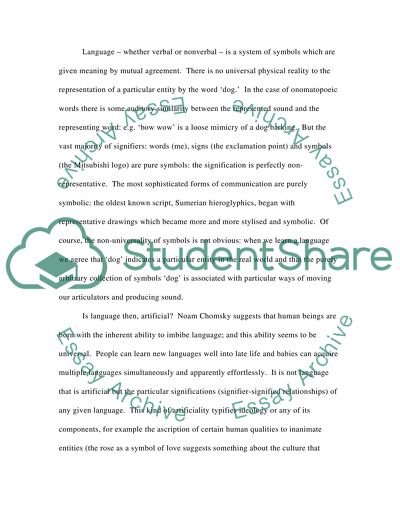Cite this document
(“Ideology Essay Example | Topics and Well Written Essays - 2000 words”, n.d.)
Retrieved from https://studentshare.org/miscellaneous/1515916-ideology
Retrieved from https://studentshare.org/miscellaneous/1515916-ideology
(Ideology Essay Example | Topics and Well Written Essays - 2000 Words)
https://studentshare.org/miscellaneous/1515916-ideology.
https://studentshare.org/miscellaneous/1515916-ideology.
“Ideology Essay Example | Topics and Well Written Essays - 2000 Words”, n.d. https://studentshare.org/miscellaneous/1515916-ideology.


